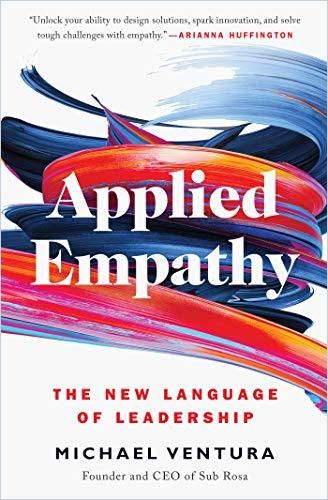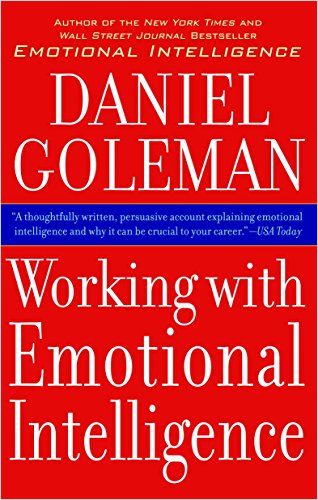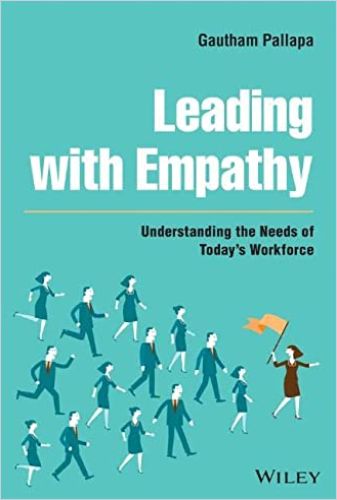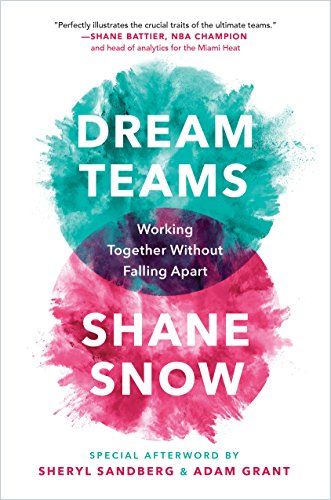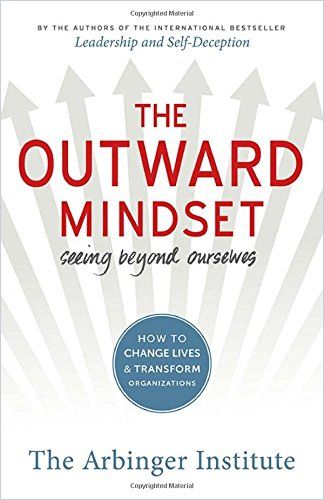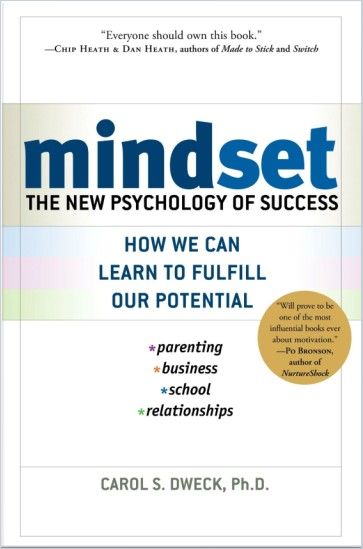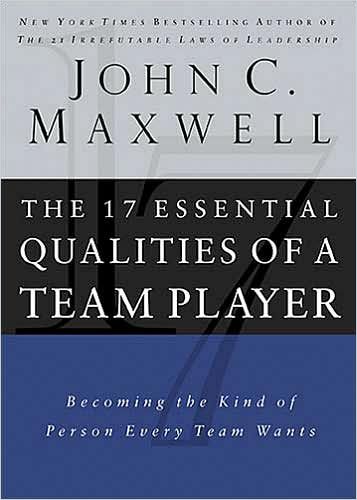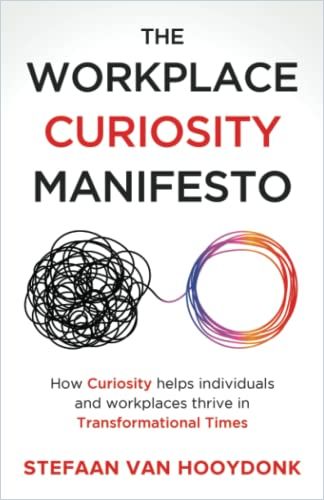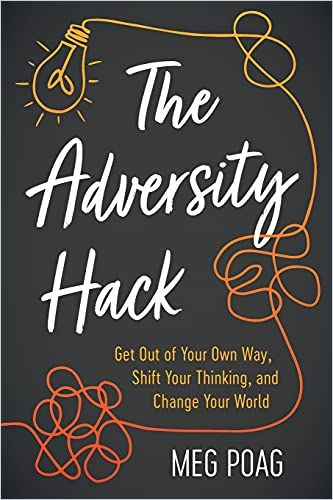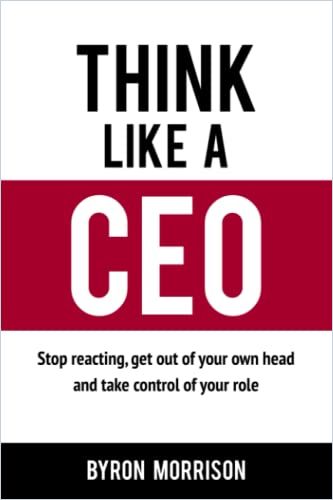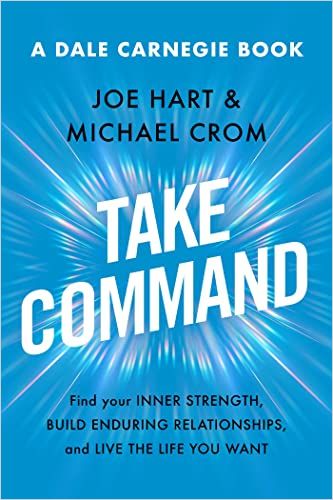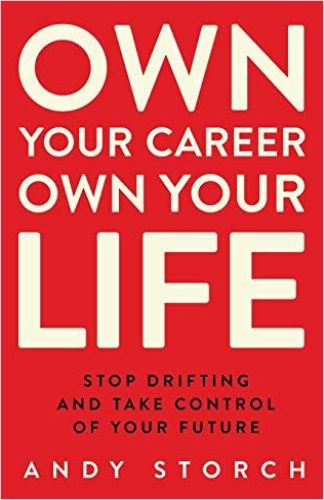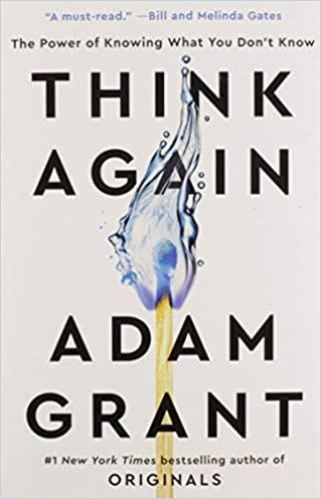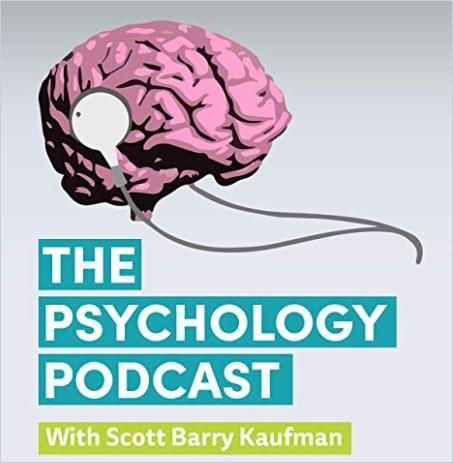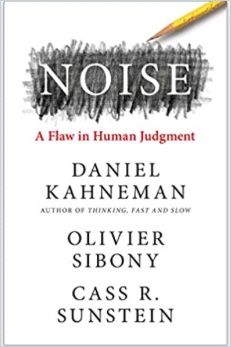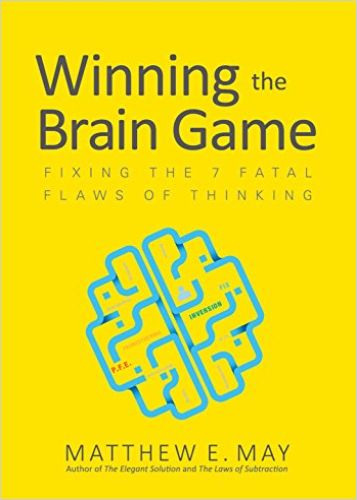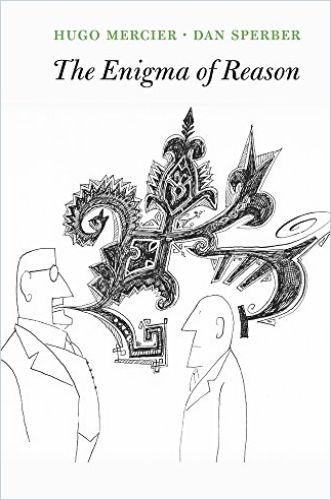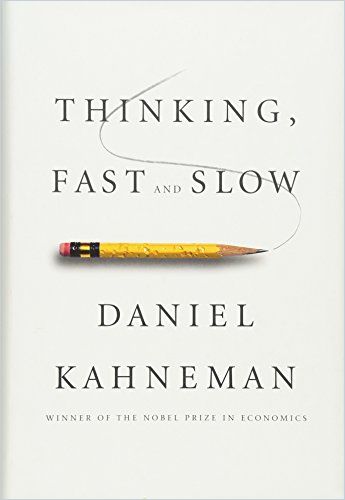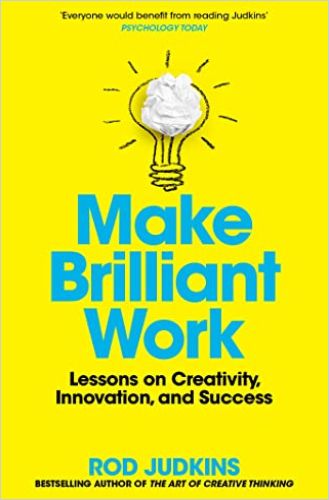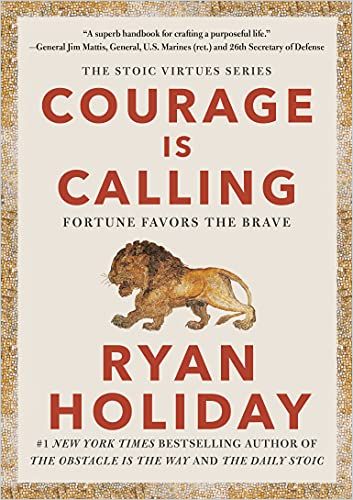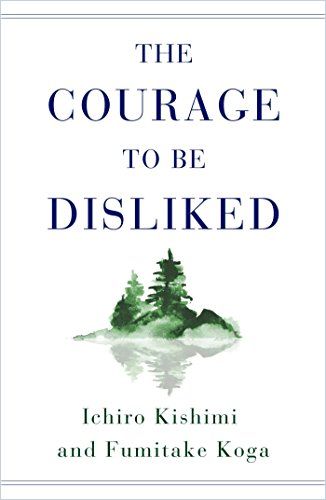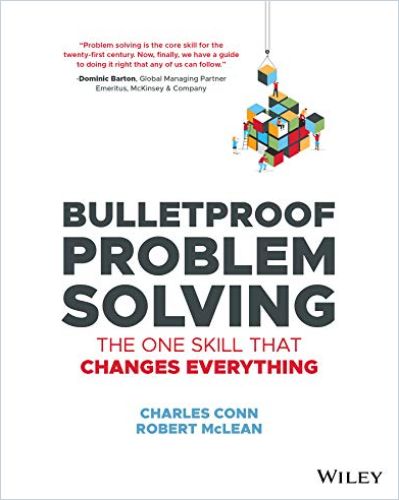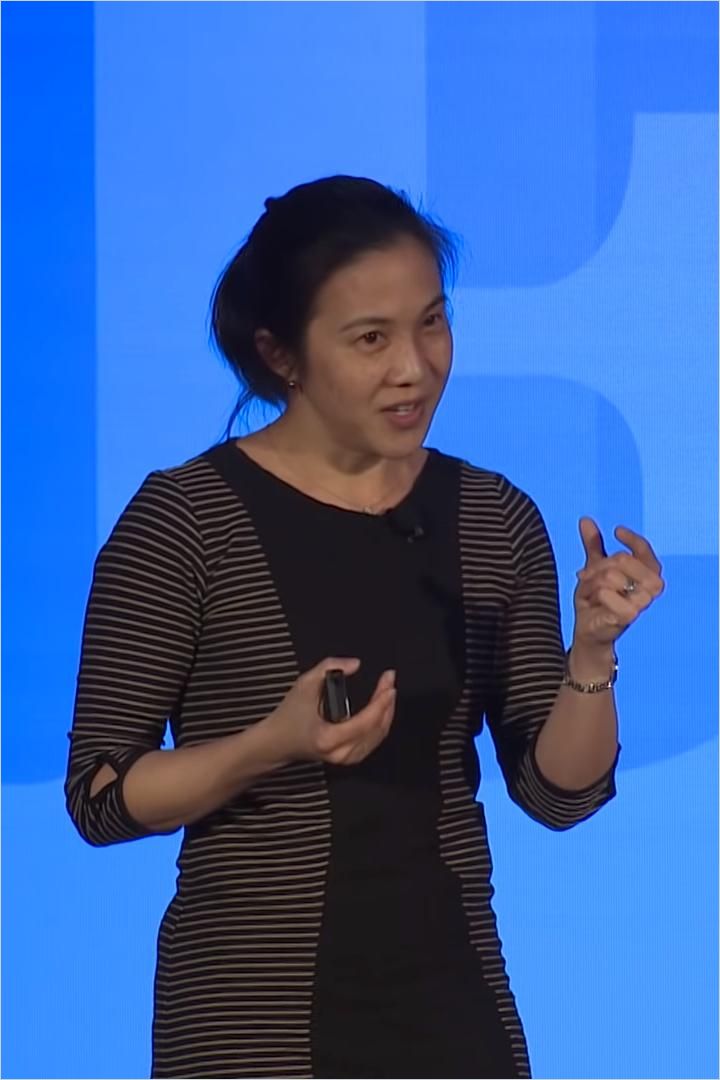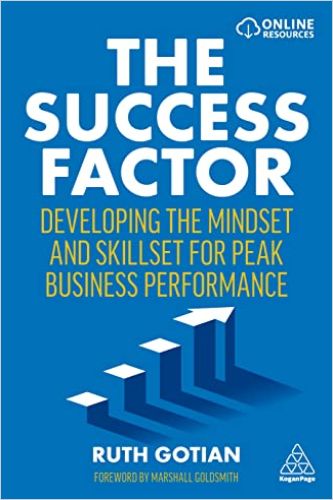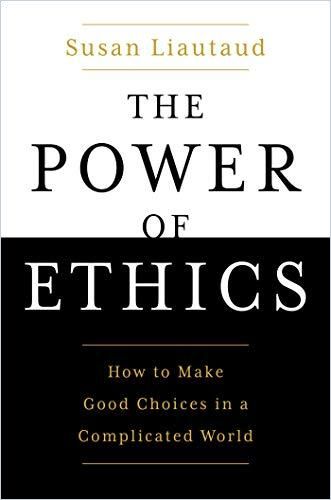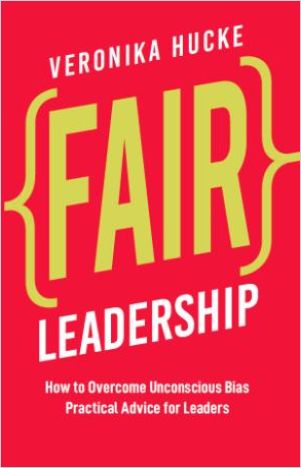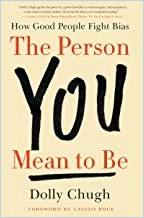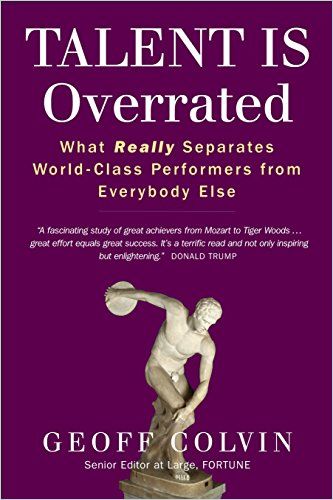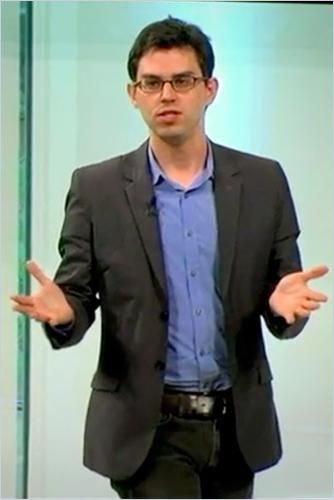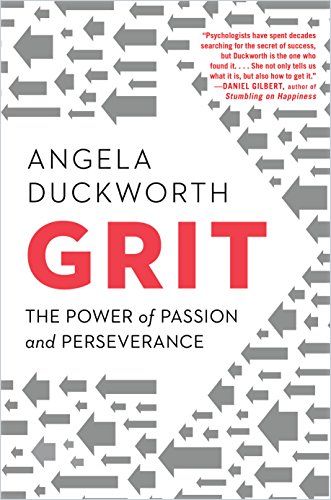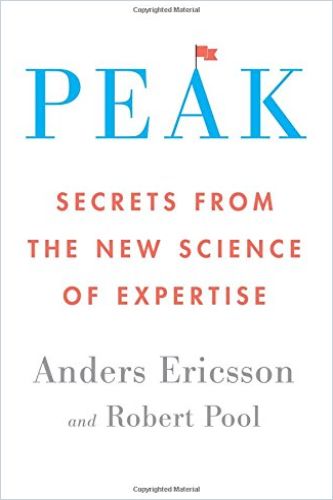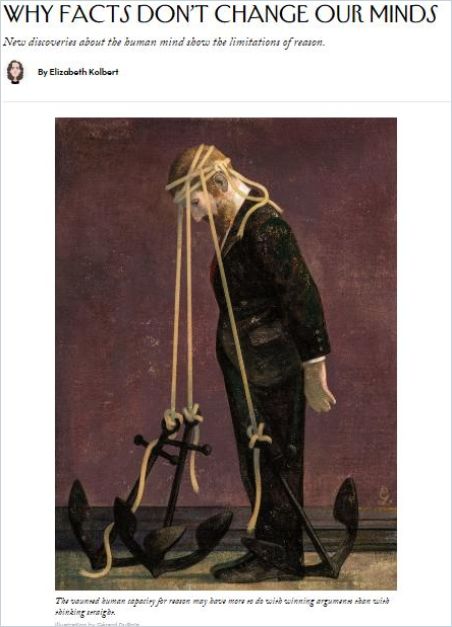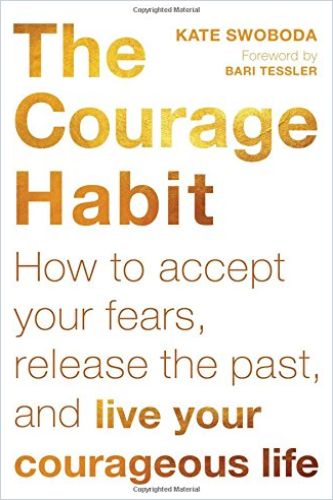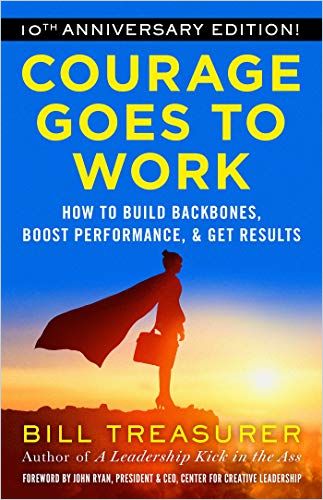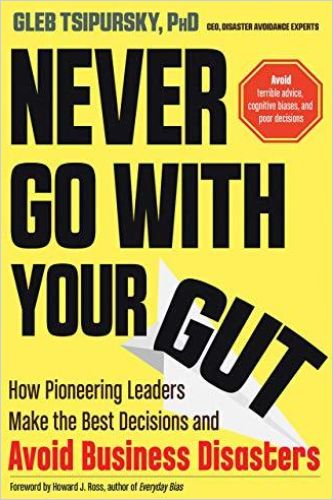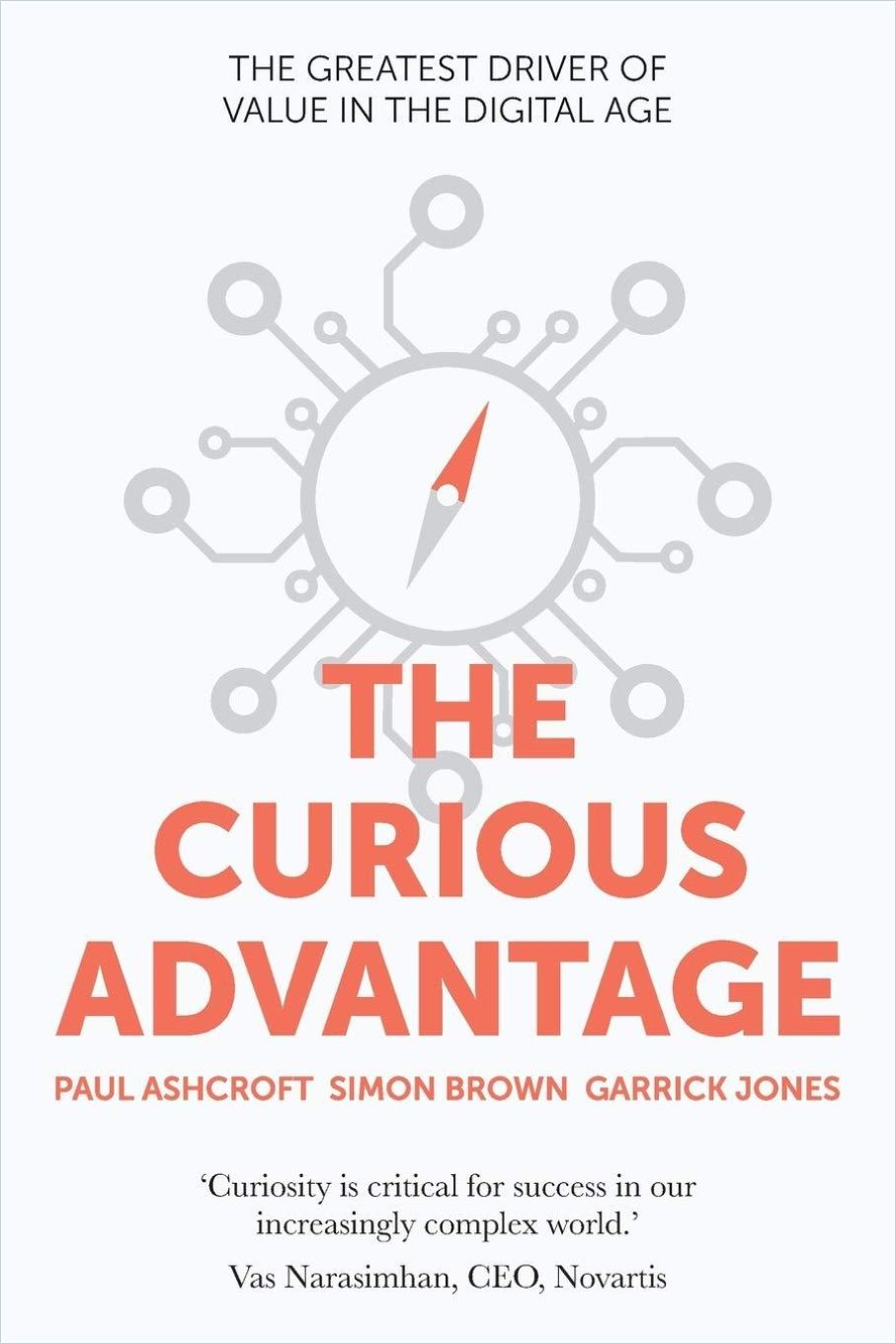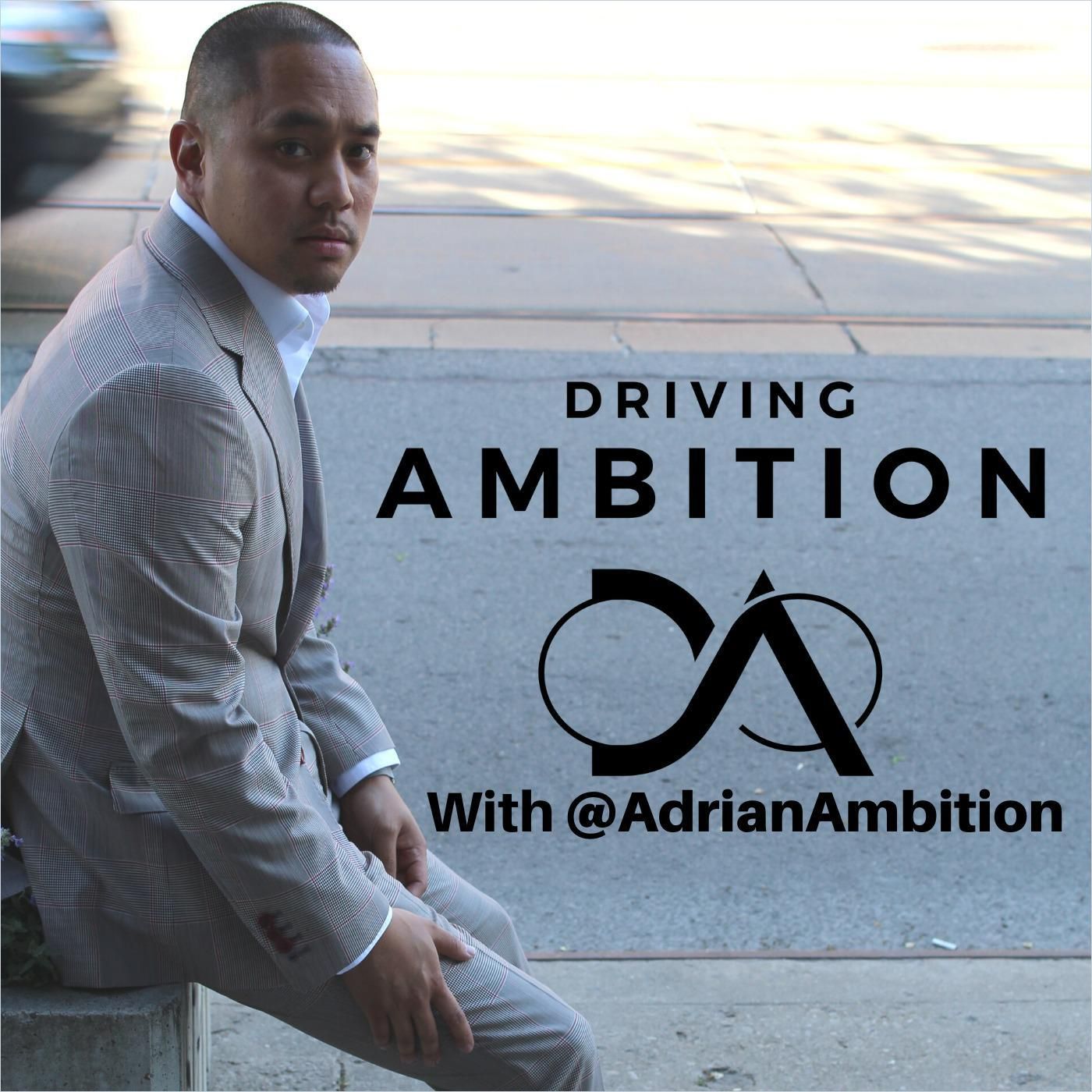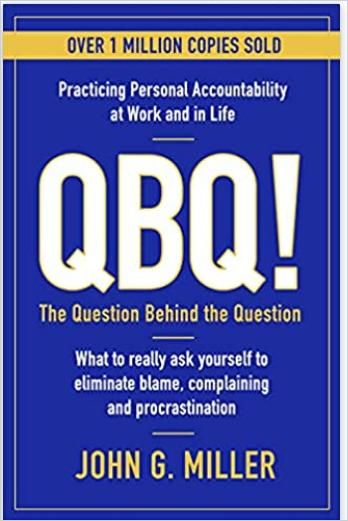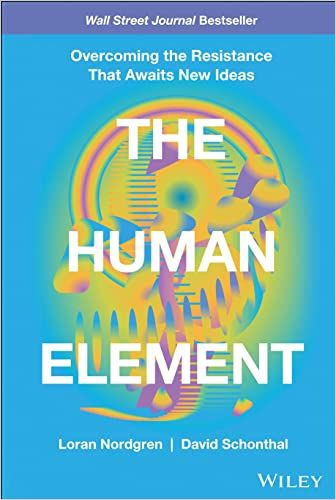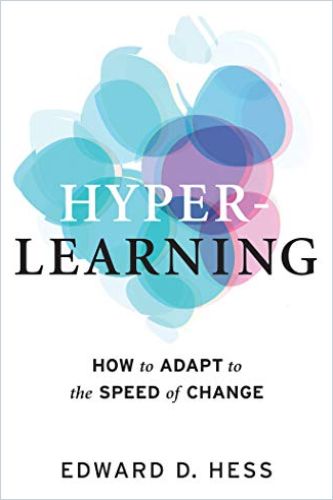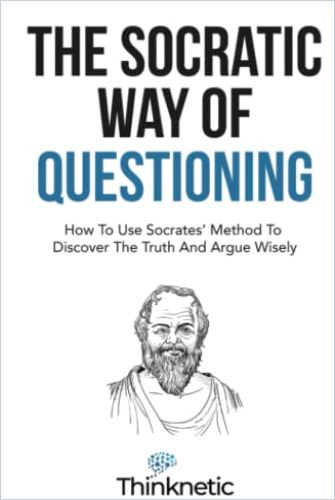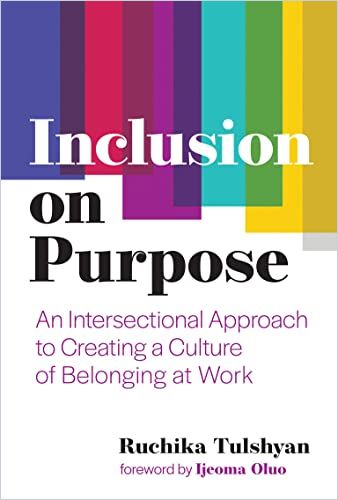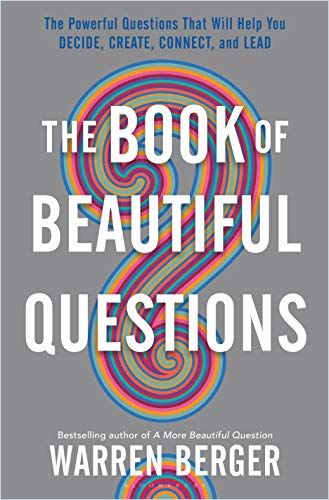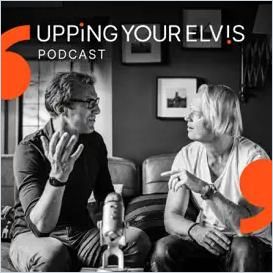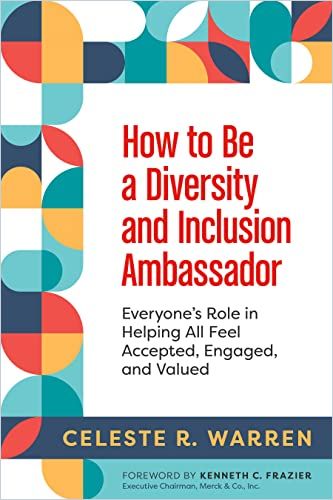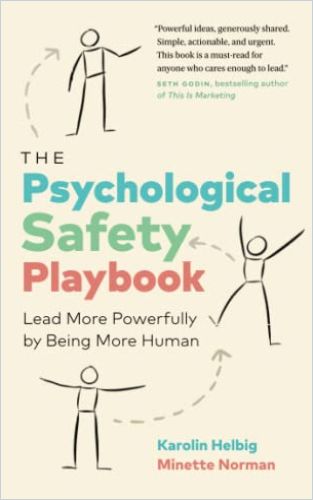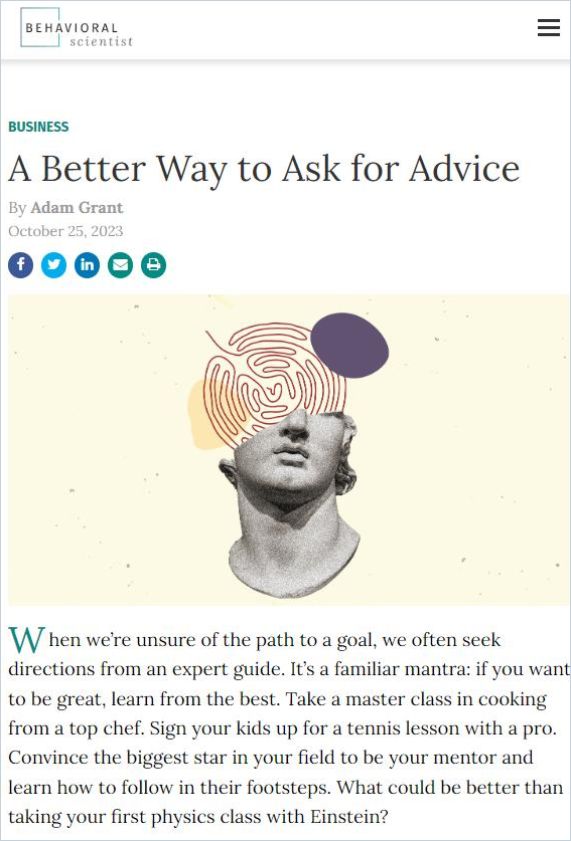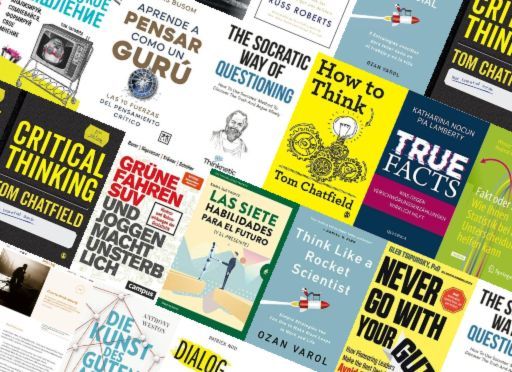Critical Thinking in Practice

Critical thinking is often cited as one of the most valuable future work skills. How do critical thinking skills manifest themselves in the workplace? Learn about the mindsets, habits and demeanors that make critical thinkers stand out.
- 1. Intellectual Empathy: You listen to others and consider multiple perspectives
- 2. Intellectual Humility: You see yourself as a lifelong learner
- 3. Intellectual Autonomy: You know how to think for yourself
- 4. Intellectual Integrity: You question your biases
- 5. Intellectual Courage: You ask critical questions
- 7. Intellectual Perseverance: You persist in the face of challenges
- 8. Fairmindedness: You strive for impartiality, equity and justice
1. Intellectual Empathy: You listen to others and consider multiple perspectives
Intellectual empathy involves the capacity to understand and appreciate the perspectives, thoughts and feelings of others, even when they differ from your own. You have the ability to genuinely listen to others, consider alternative perspectives, and actively seek to understand the reasoning behind them. Practicing intellectual empathy enables you to communicate more effectively and contribute to an open and inclusive work environment where people feel safe to share their ideas.
In Applied Empathy, entrepreneur Michael Ventura shows you how to train your empathy skills by embracing a set of mindsets and rituals. These include regularly soliciting other perspectives, embracing your vulnerability and refraining from judging other people’s potential limits.
Find a summary of Ventura’s book and a selection of other relevant resources here:
2. Intellectual Humility: You see yourself as a lifelong learner
Intellectual humility involves recognizing the limitations of your own knowledge and being open to learning from others. This mindset prompts you to actively seek feedback, admit mistakes and view challenges as opportunities for learning and growth. Humility in this context means recognizing that you probably believe many things that aren’t true and that you lack knowledge in large areas of your life. You maintain a degree of doubt about what you hold to be true and curiosity to learn what you don’t know.
Relieving you from the burden of always needing to be right, intellectual humility makes you an effective team worker who respects and appreciates other people’s contributions. Good teamwork, as Shane Snow explains in his book Dream Teams, requires you to be receptive to new ideas and willing to re-evaluate your own opinions. This open-mindedness allows you to evaluate a debate dispassionately. Even when extreme or unusual perspectives are obviously wrong, Snow explains, they can provide a spark that leads to a groundbreaking solution. Intellectual humility allows you to capitalize on the advantages of thought diversity.
The key to intellectual humility is increasing the cognitive diversity inside our own heads.
Shane Snow
Find a review of Snow’s book and a selection of other relevant resources here:
3. Intellectual Autonomy: You know how to think for yourself
Intellectual autonomy means that you think independently, make well-informed decisions without undue influence and take responsibility for your own professional development. Your proactive way of tackling challenges makes you better equipped to navigate uncertainties, solve problems and contribute meaningfully to your organization’s success.
The average person spends about half their waking hours on automatic pilot, making decisions based on habits and subconscious impulses.
In The Adversity Hack, Meg Poag advises to practice staying present and question unhelpful or conformist thought patterns as they arise. Release yourself from the tendency to judge and become more discerning by working to expand your perception. You do this by continuously gathering new information to view situations with greater complexity.
Find a summary of Poag’s book and a selection of other relevant resources here:
4. Intellectual Integrity: You question your biases
People with intellectual integrity are acutely aware of their own biases and actively work to mitigate them. Adam Grant refers to this state of mind as active open-mindedness, whereby you constantly update your knowledge, assumptions and opinions.
In Think Again, Grant warns against making your beliefs and ideas part of your identity. Doing so will close your mind to new evidence. Instead, think like a scientist: Take pleasure in discovering new evidence and update your previous assumptions. Unlike common belief, sticking unwaveringly to a vision doesn’t make you a more effective leader or entrepreneur. You will make better decisions and adapt to changing circumstances more successfully if you keep questioning your assumptions in relation to new evidence and change course if you find yourself headed in the wrong direction.
The purpose of learning isn’t to affirm our beliefs; it’s to evolve our beliefs.
Adam Grant
Build more intellectual integrity by learning about common cognitive errors:
5. Intellectual Courage: You ask critical questions
Intellectual courage demonstrates a willingness to speak up and challenge prevailing ideas, express dissenting opinions and advocate for unconventional solutions. You know how to ask good questions and come up with your own answers. You contribute to an environment where groundbreaking ideas and transformative solutions can emerge.
In Make Brilliant Work, Rod Judkins explains how to develop the intellectual courage to manifest something exceptional. Start by identifying your core beliefs, which will give you the strength to challenge rules that don’t make sense and do things differently. Judkins cites case studies of successful innovators who boldly applied knowledge from one domain to another, who embraced “weirdness,” and who focused on what they considered important rather than seeking external validation.
Adhering to a vision of an ideal future will fuel your courage to stay the course.
In addition, critical thinking will help you transcend the fears that may hold you back, Ryan Holiday explains in Courage is Calling. Use logical reasoning to investigate anxious, fearful thoughts and consider the facts of the situation from a more objective perspective. Tell yourself that the worst-case-scenario version of events is unlikely to occur.
Consult the following summaries to boost your courage:
7. Intellectual Perseverance: You persist in the face of challenges
Intellectual perseverance refers to the ability to persist in the face of difficulties or intellectual obstacles. Whether facing ambiguous projects or demanding deadlines, critical thinking skills allow you to tackle complex issues thoughtfully and systematically. As a critical thinker, you have a natural inclination towards continuous improvement, which keeps you motivated to persevere in refining your thinking processes and problem-solving skills.
Charles Conn and Robert McLean’s seven-step “Bulletproof Problem Solving” approach empowers you to work toward a solution amidst uncertainty and complexity systematically: Start with a well-defined problem statement and reduce the problem to its smallest possible components. Decide which parts of the problem to prioritize and create a work plan. Gather data and critically assess the situation. Organize your findings into a logical argument and develop a powerful narrative to share your conclusions.
Learning how to define a problem, creatively break it into manageable parts, and systematically work toward a solution has become the core skill for the 21st-century workforce, the only way to keep up.
Charles Conn and Robert McLean
Read the summary of Bulletproof Problem Solving and learn more about persevering through challenge:
8. Fairmindedness: You strive for impartiality, equity and justice
Critical thinkers approach issues with an open mind and constantly look for biases, so they distinguish themselves as fairminded. This trait becomes evident in hiring practices, project assignments and resource allocation, as fairminded professionals prioritize merit and equality.
Fairmindedness is a cornerstone for creating an inclusive and equitable work environment that values diversity.
In The Power of Ethics, Susan Liautaud offers a framework to help you ask the right questions when seeking a fair solution. When thinking through a dilemma you are facing, consider that your decisions don’t affect only you. Try to identify the people or categories of people who may suffer or benefit from your choices. Also, consider the short, medium and long-term effects of your decision, now and over time.
Learn more about fairmindedness in action by consulting the following resources:
From intellectual empathy fostering inclusive collaboration to intellectual courage driving innovation, critical thinking skills form a robust framework for navigating the complexity of a fast-changing work environment.
A workplace that encourages critical thinking not only enhances decision-making processes but also contributes to an open and equitable work culture.
